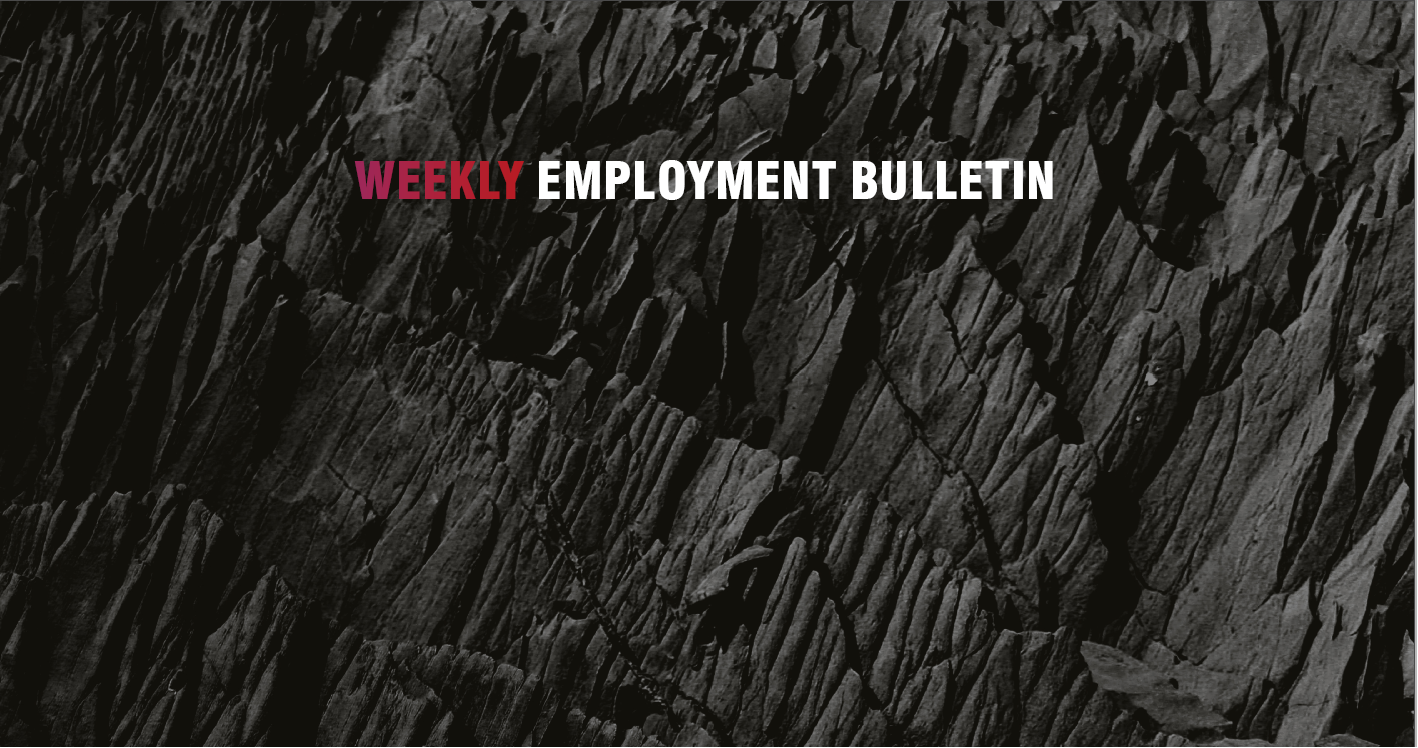by Jon Taylor
6 February 2024
In Phoenix v The Open University ET/3322700/21, an Employment Tribunal considered whether a professor had been directly discriminated against, harassed, and victimised by the Open University because of her gender critical beliefs.
The Claimant openly expressed her views, which included that a person cannot change their biological sex and that sex should be prioritised over gender identity. In 2018, she signed a letter published in the Guardian alongside other academics that expressed concern about self-identification for gender reassignment. In 2019, she then co-signed another letter published in the Sunday Times that criticised the relationship between the LGBTQ+ charity Stonewall and UK universities. In 2021, the professor established the Gender Critical Research Network (“GCRN”), a gender-critical academic research group. As a result of this, 368 of her colleagues signed an open letter criticising the GCRN and asking for it to be shut down as it was “transphobic”. In addition to this, one of her colleagues likened her to a “racist uncle at the Christmas dinner table”.
The Claimant raised a grievance stating that she was being bullied and harassed. She referred to the allegations that she was transphobic, which she denied, and said that this was damaging her reputation and causing her to suffer mental health issues, including symptoms of PTSD and stress. The Claimant subsequently resigned following a statement from the Vice Chancellor of the University, which failed to condemn the campaign against her. She then brought claims of direct discrimination, harassment, victimisation and constructive unfair dismissal.
For her claim to be successful, she first had to show that she had a “belief”, which would be a protected characteristic under the Equality Act 2010. She would therefore need to satisfy the criteria set out in Grainger plc v Nicholson, which are that the belief must:
- be genuinely held;
- be a belief and not an opinion based on the present state of information available;
- be a belief as to a weighty and substantial aspect of human life and behaviour;
- attain a certain level of cogency, seriousness, cohesion and importance; and
- be worthy of respect in a democratic society and not incompatible with human dignity and or conflict with the fundamental rights of others.
The Tribunal held that:
- The Claimant’s belief satisfied these criteria, and that she was entitled to exercise her right to express her beliefs by setting up the GCRN.
- The open letter signed by colleagues encouraged comments from others, and that this constituted harassment on grounds of the Claimant’s beliefs.
- The University’s decision to terminate the grievance process following the Claimant’s resignation amounted to victimisation.
- There were a number of other instances of harassment, including the University’s failure to protect the Claimant from harm.
- The University’s actions amounted to repudiatory breaches of the implied term of mutual trust and confidence and the duty to provide a suitable working environment. As a result, the Tribunal upheld her claim of constructive dismissal.
The case is thought to be the first time a University has been found to have discriminated against and harassed a student or staff member for their gender-critical beliefs. This highlights the importance for employers to protect their staff who hold genuine beliefs regardless of whether they agree with them or not. The Employment team are on hand to provide advice in respect of situations like this.
The full judgement can be read here: Joanna Phoenix -v- The Open University (Employment Tribunal judgment) (judiciary.uk).
This article was written with the assistance of Jasper Blacklock
Speak with us

